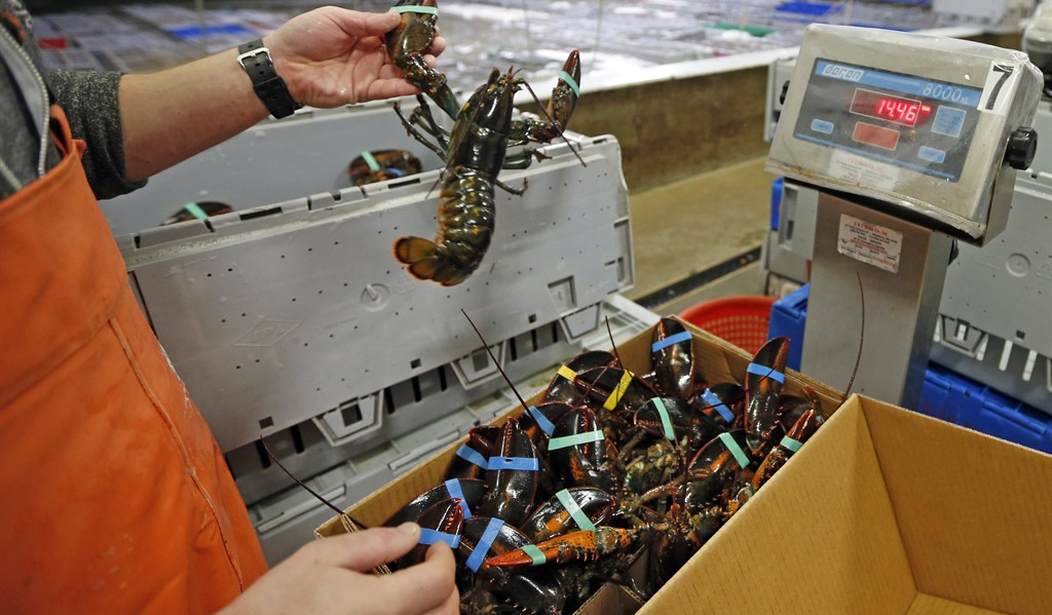Sweden has asked the European Union to ban imports of live American lobster after 32 of the crustaceans were discovered in Swedish waters over the last decade. While officials claim that the shellfish could spread disease and disrupt the ecosystem of the European waters, American officials are crying foul as they feel as though the proposed ban is an attempt to artificially prop up the European lobster industry.
Given that about $200 million worth of lobster is exported each year from the United States to Europe (about one-fifth of the entire lobster harvest), a ban is definitely cause for concern among American lobstermen. And according to scientists who study lobsters and other sea creatures, the proposed ban is completely unnecessary.
Robert Bayer, director of the University of Maine Lobster Institute, said research on shell disease does not suggest it is contagious, and red-tail disease hasn't been seen in years.
Rick Wahle, a research professor at the university's marine science school, dismissed the danger of interbreeding, another risk raised by the Swedes. He said there is no evidence hybrids of the two lobster species are viable in the wild.
"Attempts to introduce American lobsters elsewhere have failed," Wahle said. "A newly introduced lobster would face a gantlet of different species that it has no experience with."
Recommended
A ban on American imports would likely help the Icelandic lobstering industry.
As for how the 32 lobsters wound up in Swedish oceans, there's one theory that's particularly intriguing: given that some of the lobsters were still wearing elastic bands, it's highly probable that well-meaning environmentalists put them in the water attempting to set them free. Perhaps instead of a ban, Sweden could seek to educate its citizens about the dangers of introducing a non-native species to a strange environment.

























Join the conversation as a VIP Member